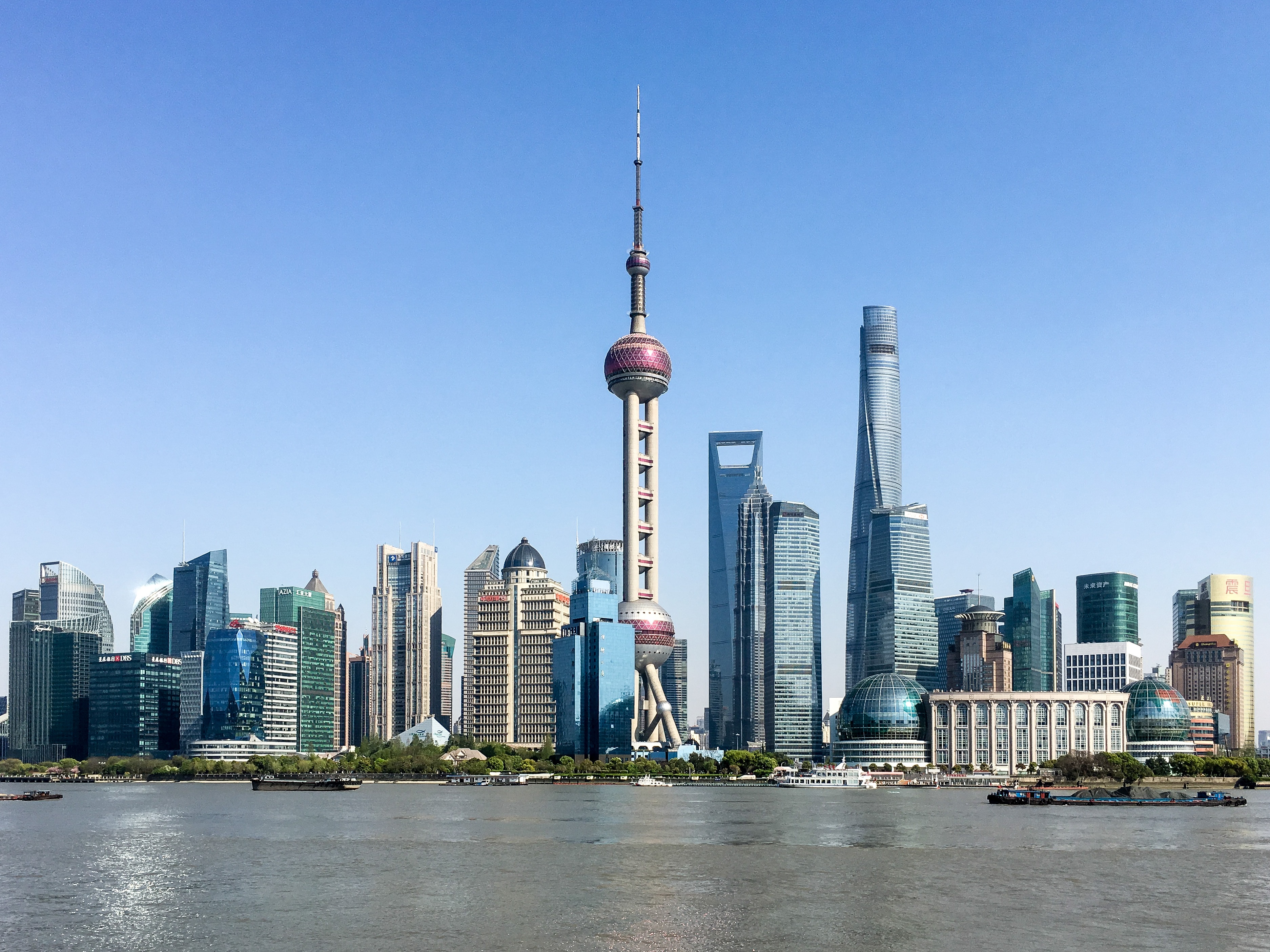Pressured by the ruling Communist Party at home and the US administration abroad, Chinese startups have begun rethinking plans to go public in anticipation of further obstacles down the road.
The impact is especially pronounced on the Shanghai Stock Exchange’s Star market, where 88 companies, including some of China’s most promising unicorns, have suspended or canceled planned initial public offerings over the first three and a half months of 2021.
The tech-focused board was founded in 2019 with firm backing from Chinese President Xi Jinping and has since grown into a key destination for China’s tech-focused companies. But even as the number of IPOs worldwide reached a 25-year high in the January-March quarter, the Star market has seen many more cancellations in recent months than in its entire first year and a half.
The government has been helping fast-growing companies secure funding to encourage innovation and to boost China’s standing in its technological rivalry with the US But it halted what would have been the world’s largest-ever public offering by Ant Group in November as part of a growing crackdown on the country’s biggest technology companies, shifting focus from promoting growth to strengthening the Communist Party’s grip on the financial markets.
A unit of e-commerce company Alibaba Group Holding, Ant is one of two companies that dominate China’s online payment market. Financial authorities said Monday that Ant will now restructure as a financial holding company supervised by the People’s Bank of China, following their third meeting with company representatives.
The China Securities Regulatory Commission announced new rules in late January on new IPOs, including possible surprise inspections of companies that apply. The change allows the government to specifically target companies it deems problematic.
Authorities will take “vigorous” action against “sick” companies that try to force their way into an IPO, CSRC Chairman Yi Huiman said in March.
And Beijing’s pressure tactics have worked.
Alibaba CEO Daniel Zhang said Monday that the company will actively cooperate with regulatory supervision. Alibaba shares rose 6.5% in Hong Kong that day on hopes that the comment, combined with a record RMB 18 billion (USD 2.75 billion) fine imposed Saturday, signals an end to its clash with regulators.
But increased government control could weigh on stock prices over the longer term. Unicorns backing out of IPO plans in February and March included Yitu Technology, which develops facial recognition technology, and Hesai Technology, which makes sensors for self-driving cars. Each has an estimated valuation of around USD 2 billion.
Yitu has officially explained that it needs more time to comply with stricter listing rules.
JD Technology, Alibaba rival JD.com’s financial technology arm, also withdrew its IPO application, the Shanghai Stock Exchange announced April 2. JD Technology is involved in many of the same fields as Ant Group, such as consumer lending, and had been aiming to raise 20 billion yuan on the Star market.
US pressure on Chinese tech companies is also contributing to the chill. The US last week blacklisted seven Chinese supercomputing companies and research institutions. There is speculation that the Biden administration could push Chinese technology startups to reshape their operations in the US.
Such concerns hang heavy over the Star market as a whole. The Star 50 index, tracking many of the board’s biggest companies, has dropped almost 30% from its recent high last summer even as the MSCI ACWI Index, which tracks equities across the world, has continued to rise.
This article first appeared on Nikkei Asia. It’s republished here as part of 36Kr’s ongoing partnership with Nikkei.
